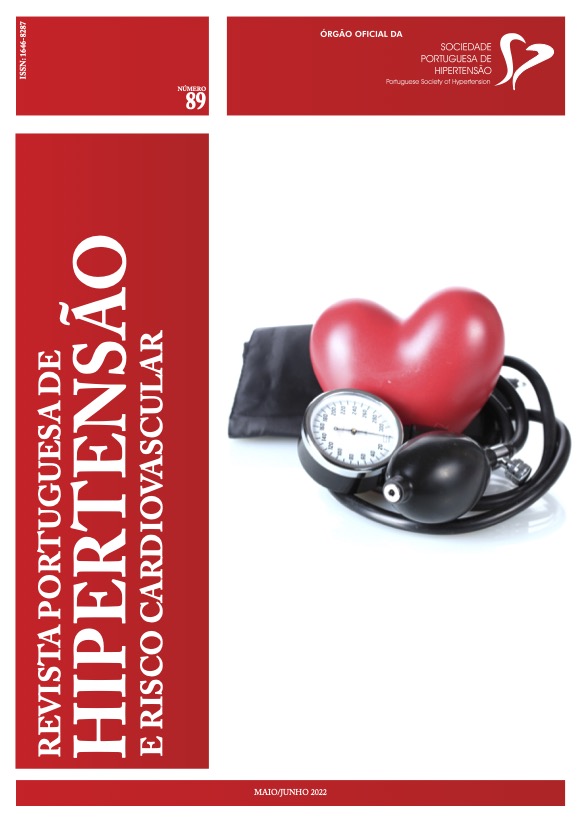ERECTILE DYSFUNCTION AS A PREDICTOR OF CARDIOVASCULAR DISEASE
DOI:
https://doi.org/10.58043/rphrc.45Abstract
Introduction: It is estimated that atherosclerotic disease causes 40% of cases of Erectile Dysfunction in men over 50 years of age, based on deficient penile perfusion being part of a systemic atherosclerotic process. There is also evidence that Erectile Dysfunction is independently and significantly associated with cardiovascular disease, being a consequence of multiorgan peripheral vascular pathology and a predictor of cardiovascular disease.
Aim: to evaluate cardiovascular risk factors in male from a Family Health Unit diagnosed with Erectile Dysfunction.
Methodology: observational and descriptive study, carried out on male from a Family Health Unit with Erectile Dysfunction as an active problem until April 2020. Data were collected in June 2020 through SClinico® and MIM@uf and its treatment was carried out in Excel®.
Results: 123 men with Erectile Dysfunction with a mean age of 62.88 ± 11.6 years were identified, all of them with at least one cardiovascular risk factors, regardless of their age. The prevalence of the different cardiovascular risk factors assessed was higher in this sample compared to its prevalence in the portuguese population in general. In addition, most of them have poorly controlled Diabetes, with 43% having values above 7%, and 92.2% having LDL values above recommended. Most of the men included in the study have an intermediate or high cardiovascular risk (54%).
Conclusion: Knowing that Erectile Dysfunction can be an early marker of systemic endothelial dysfunction, it becomes clear the importance of its diagnosis at the Primary Care level. Intervening in a man’s sexual health - which is an indicator of his overall health status - consequently improves his quality of life.
Downloads
References
NIH Consensus Development Panel on Impotence. Impotence: NIH consensus development panel on impotence. JAMA. 1993.
Dong JY, Chang YH, Win Q. Erectile dysfunction and risk of cardiovascular disease: metanalysis of prospective cohort studies. J Am Coll Cardiol. 2011.
ESC/EAS Guidelines for the management of dyslipidaemias: lipid modification to reduce cardiovascular risk. 2019.
MD Michael G.Wyllie. The underlying pathophysiology and causes of erectile dysfunction. Elsevier Inc., 2005.
Wein, A. J., Kavoussi, L. R., Partin, A. W., & Peters, C. A. Campbell-Walsh urology. Philadelphia, PA: Elsevier. 2016.
Instituto Nacional de Saúde Doutor Ricardo Jorge, IP; “Prevalência de fatores de risco cardiovascular na população portuguesa” – e_COR; 2019.





